Sabah Electricity Sdn Bhd (SESB) is reeling under financial strains due to government's clampdown on tariff, huge investments and higher operating costs as it is providing power to more than 80 per cent of the state.
Tariff increase had not been implemented until 2011 although SESB was allowed to do so three times earlier in accordance with the privatisation of the Sabah Electricity Board's (SEB) in 1998.
"The privatisation agreement stipulated Tenaga Nasional Bhd's (TNB) endorsement for tariff increases by 28 per cent in 1999, 20 per cent in 2004 and 3.58 per cent in 2008, but the three rate hikes were never implemented," according to a source.
Under the privatisation formulated 17 years ago, TNB owns 80 per cent of the equity in SESB while the remaining 20 per cent is held by the Sabah government.
Sabah decided to privatise SEB as it was in poor financial health to expand the electrification expansion in the state beyond 50 per cent then.
Thus, TNB shouldered a big responsibility to ensure the state government's resolve could be carried out in the interest of Sabahans and Sabah, whose geographical terrains posed a big challenge.
From the records, once SESB was created, TNB gave a capital injection of RM857 million in 1998 and the financial aid kept rising.
Much to TNB's chagrin, the Sabah Housing Real and Estate Developers Association recently criticised TNB for allegedly not coming to the aid of SESB, which was suffering losses in its operations, by injecting capital.
On the contrary, since SESB's inception in 1998 until 2011, various quarters had invested up to RM5.3 billion as capital expenditure to develop its electricity systems and infrastructure, comprising power generation, transmission and distribution in Sabah.
According to the Energy Commission of Malaysia's website, RM9 billion more is needed to implement power generation, transmission and distribution between 2012 and 2020.
At the same time, the power generation mix is becoming more expensive with a change in fuel consumption to gas (67 percent), oil (21 percent), biomass (three percent) and hydro (nine percent) compared with 17 years ago from gas (31 percent), oil (52 percent) and hydro (17 percent).
In retrospect, other interested parties in SESB's privatisation then had set a target of tariff increase by up to 40 percent to balance capital injections and investment risks.
Sabah's then Chief Minister Datuk Yong Teck Lee was quoted as saying that a four-party consortium formed to take over SEB never materialised as two of the members wanted Sabah's electricity rates to increase by up to 40 percent after the privatisation was resolved.
An industry source said TNB did not get a commensurate return to its investments in SESB, and this reflected it places more importance on the development of the state rather than profit.
"TNB has also extended its business transformation expenditure to SESB in order for both entities to move forward more confidently and able to meet current challenges and demands," he said.
Despite the financial challenges, SESB, under TNB's governance, will continue to upgrade its systems to enable electricity to reach more than 500,000 users, almost double from 260,000 in 1998.
As statistics from the Energy Commission of Malaysia show that over 81 percent of Sabah had been electrified in 2011 from 50 percent 17 years ago, they attest that generating electricity supply in Sabah requires sacrifices and resilience in offsetting high costs against returns.
_PH_Banner_(Desktop)(1200x180px).png)
.jpg)
.jpeg)
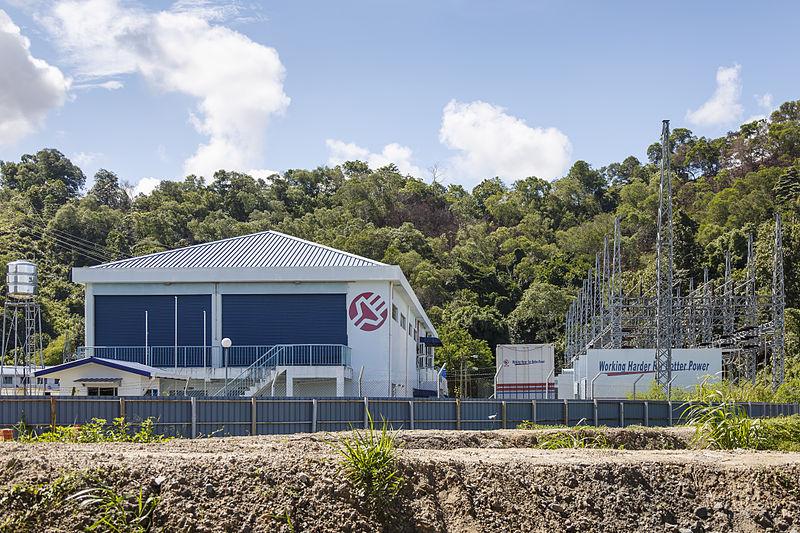
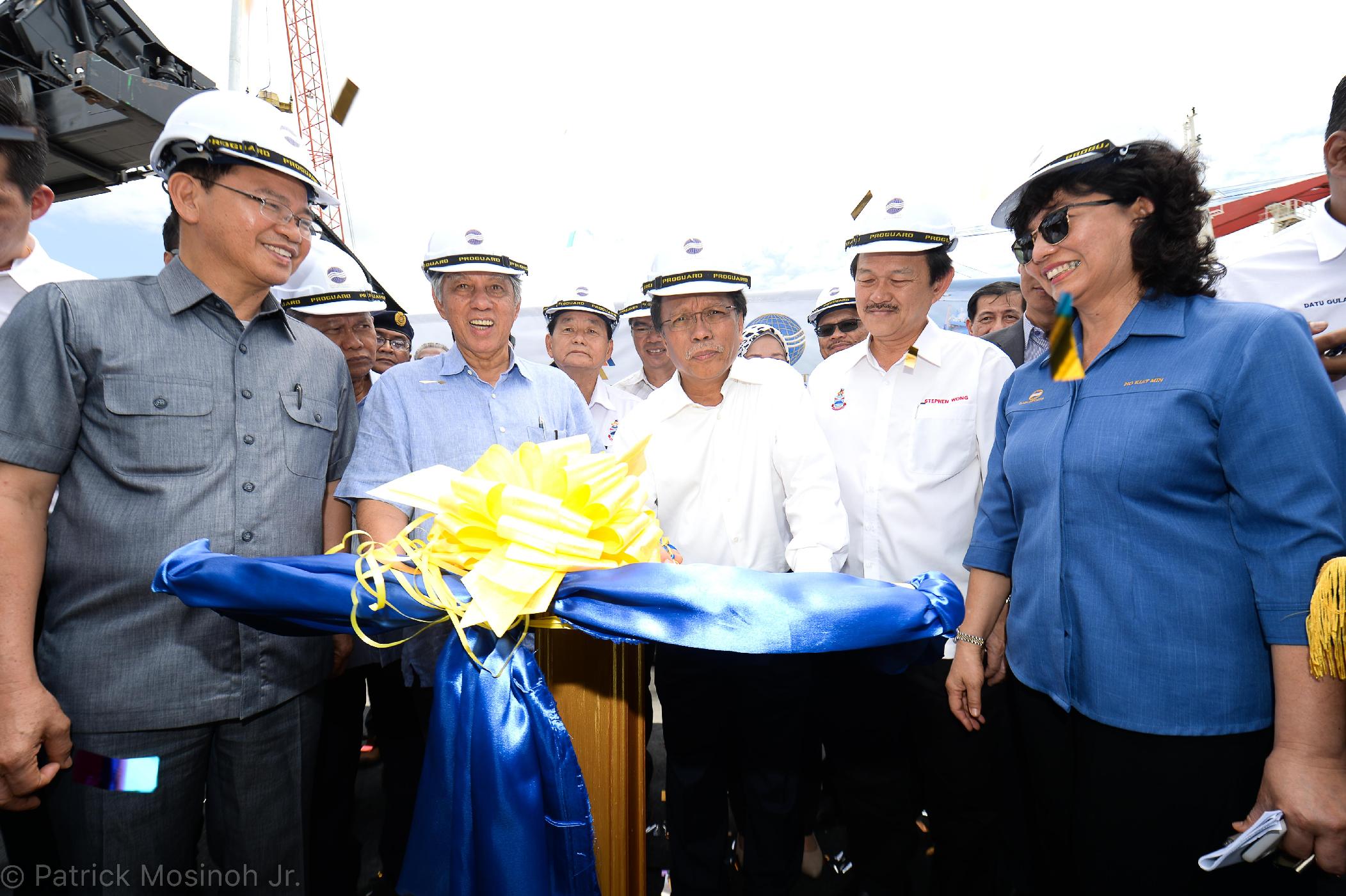
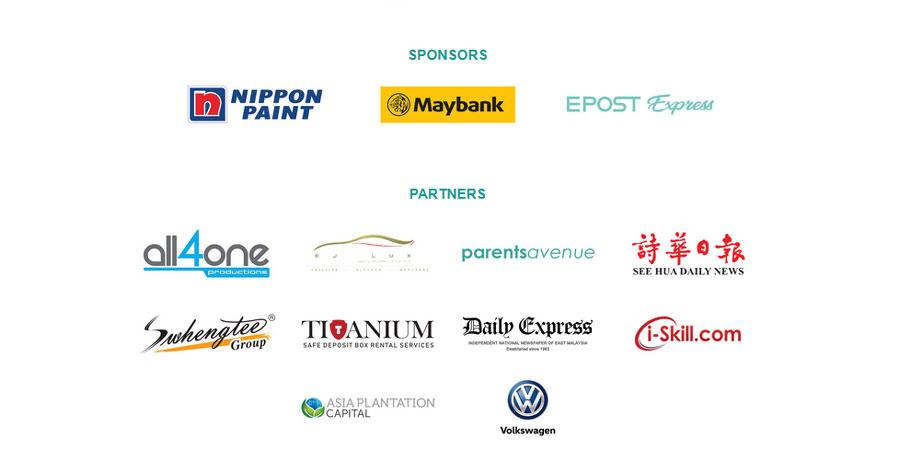
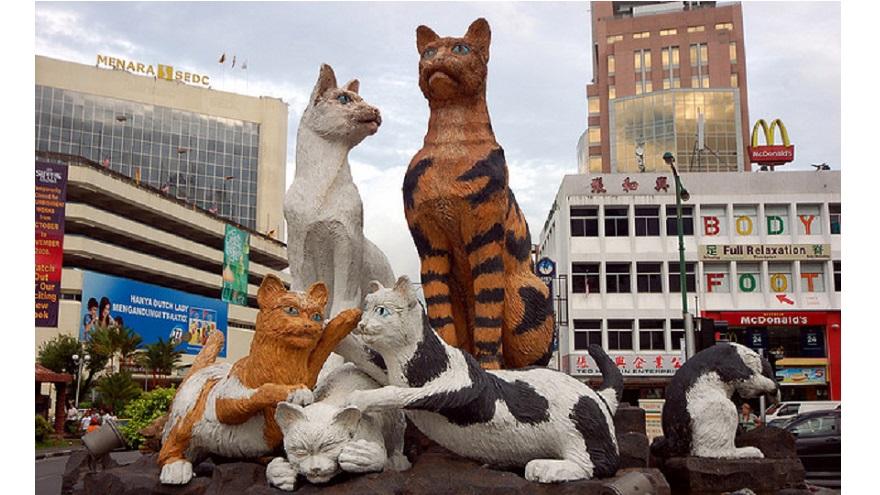
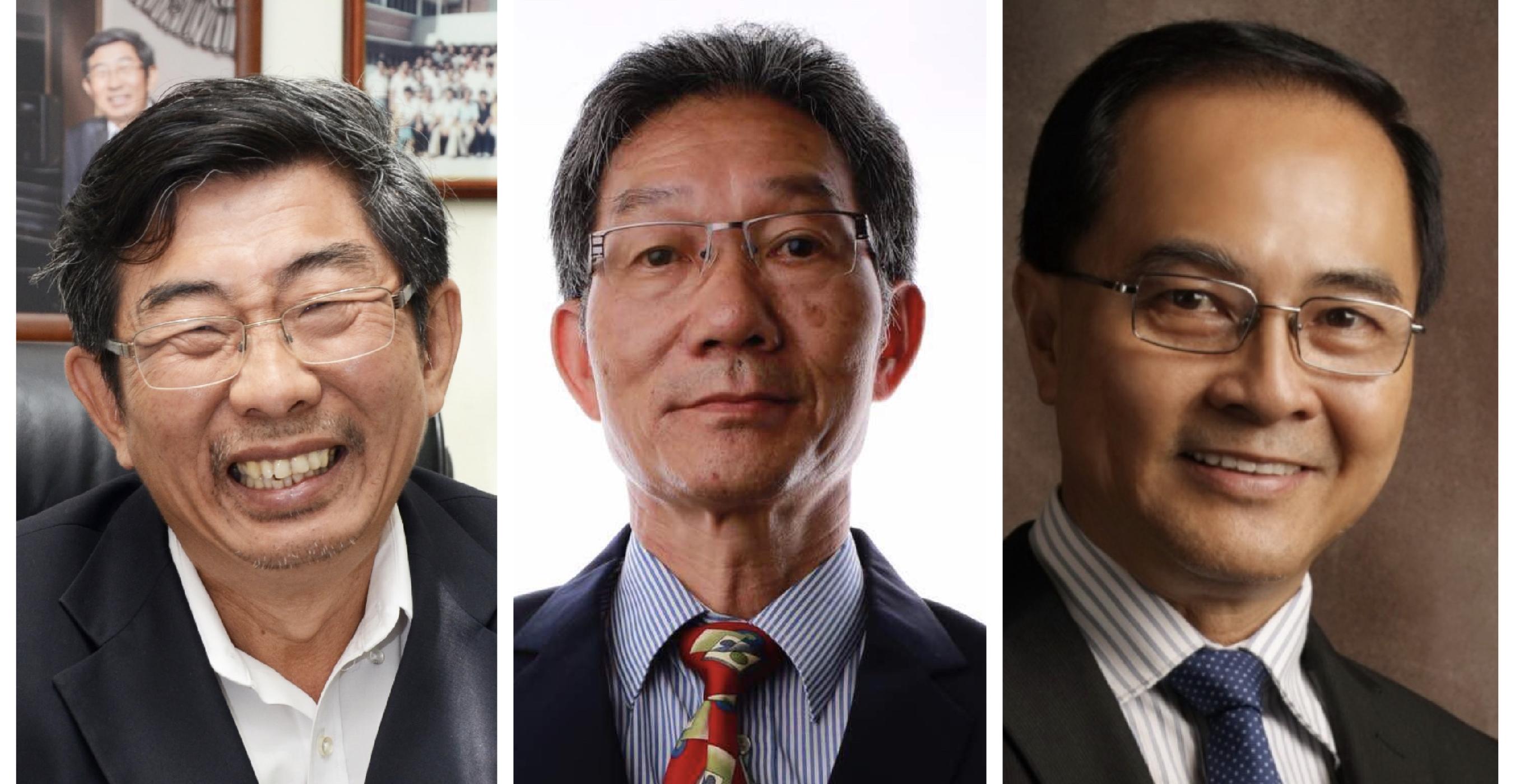
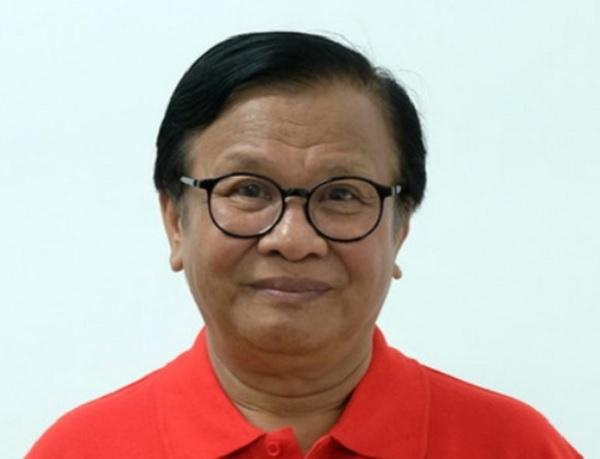
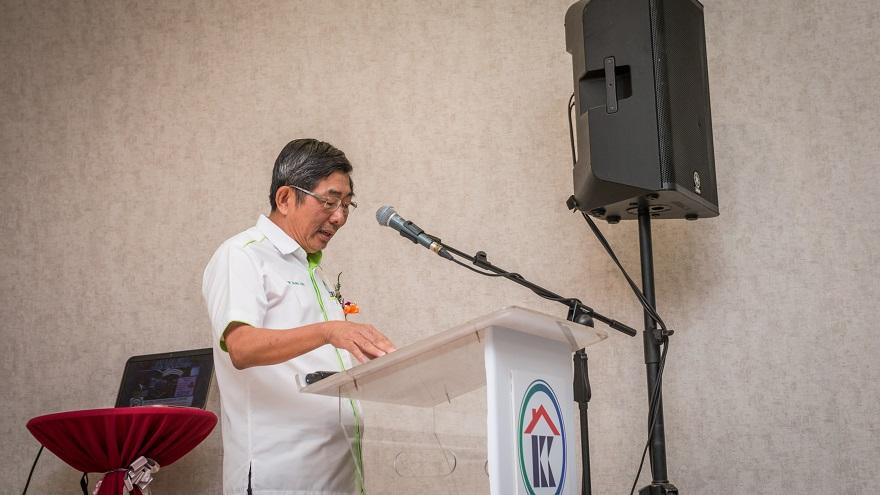

.jpg)
.jpeg)
